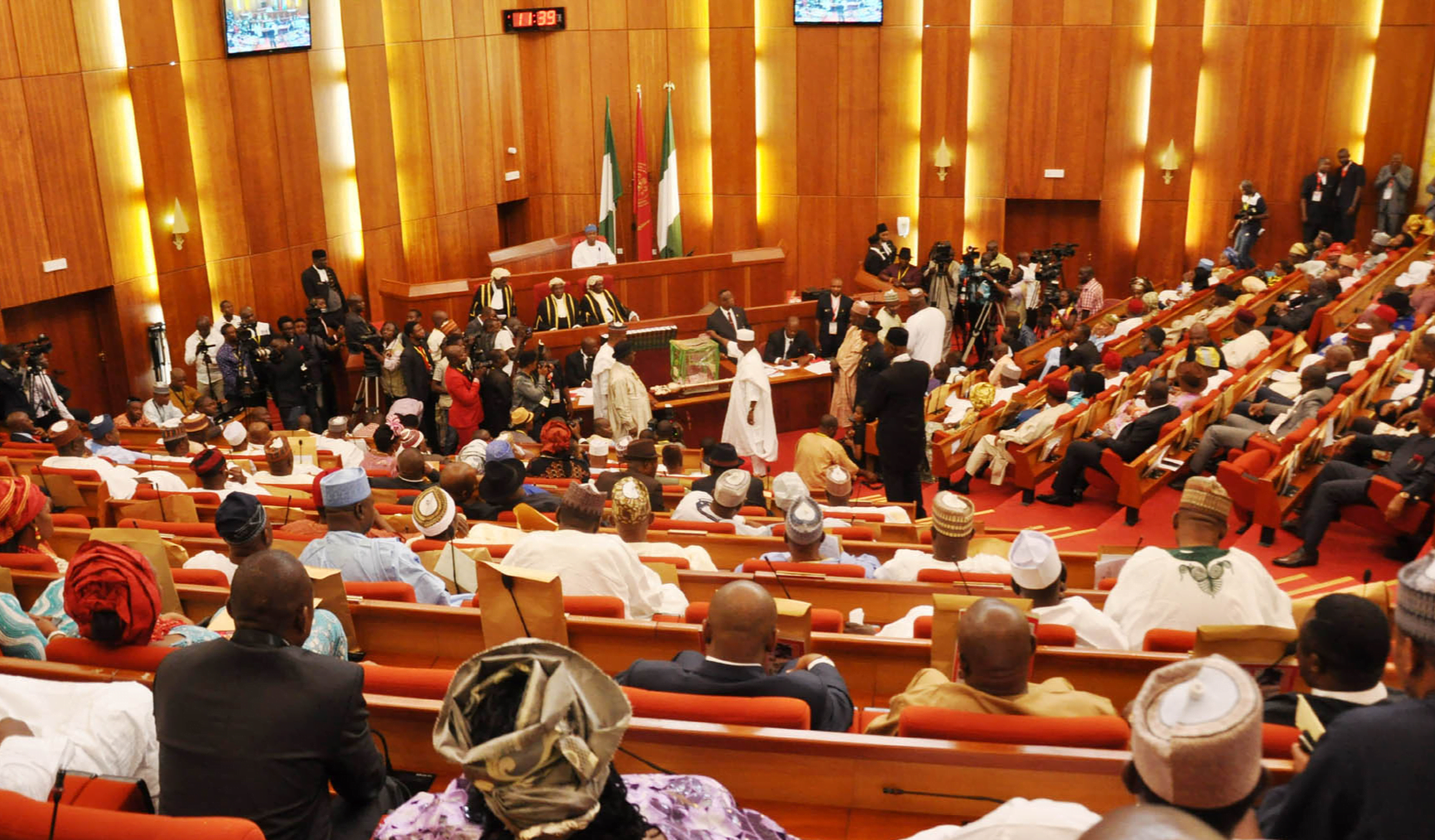The Securities and Exchange Commission’s (SEC) financial crisis has sent shivers down the spine of the capital market community, with many fearing that the Commission would be compelled to cut its personnel costs and perhaps retrench workers if the situation does not improve.
While testifying before the Senate Joint Committees on the 2022-2024 Medium-Term Expenditure Framework and Fiscal Strategy, Lamido Yuguda, the Director-General of the nation’s capital market regulator, explained that the Commission recorded an N2.9 billion deficit in 2019, N4.3 billion in 2020, and N1.7 billion at the end of June 2021, bringing the total deficit to N9 billion.
Concerned about the trend, Senator Adeola Olamilekan, who chairs the Joint Committees on Finance, National Planning, Petroleum Upstream, Downstream, and Gas in the upper legislative chamber, called attention to the Commission’s excessive personnel costs in the last two years.
He said:” This budget gives us a wrong impression about The SEC. You are a regulator to businesses that are making money, but you aren’t making money. You may need to look at how to regulate your personnel to generate money. You need to cut down on cost. Your personnel cost, your top profile takes about 70 percent of total emolument of N9 billion, only 30 percent go to lower cadre. We should know what is happening. This is the second year you are coming with a deficit budget.”
However, in his reaction, SEC DG Yuguda said that the market crisis and the COVID-19 had harmed the Commission.
Senator Kashim Shettima, the former governor of Borno State, criticized his response, stating that the SEC was on the verge of insolvency due to its enormous recurrent costs, as seen by its record before the Joint Committees.
The SEC chairman retorted, claiming that the Commission is a wholly self-funded government institution that receives no funding from the federal government.
He added that the SEC was aiming to turn the deficit into an N1.24 billion surplus by 2023 and an N2.5 billion surplus by 2024.
Yuguda said the Commission was collaborating with the Nigerian Exchange Limited (NGX), the National Association of Securities Dealers (NASD), and, to a significant extent, the FMDQ Group to keep the capital market fair, competitive, and efficient.
